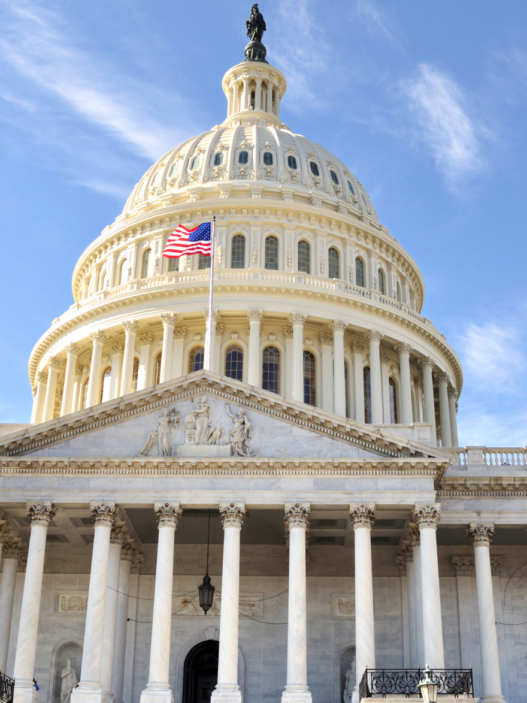A brewing controversy between the Senate and Steward Health Care’s CEO, Ralph de la Torre, has reached new heights, with senators now pursuing contempt charges due to his refusal to comply with a subpoena.
The dispute centers around allegations concerning the use of public funds and the operational conduct of Steward Health, a private for-profit hospital chain that manages several medical facilities across the U.S.
What Led to the Contempt Charges?
The conflict came to a head when de la Torre failed to appear before a Senate Health, Education, Labor, and Pensions (HELP) Committee hearing, chaired by Sen. Bernie Sanders (I-VT), on September 14, 2023.
The hearing was focused on examining how private equity ownership impacts hospitals and patient care, particularly how Steward Health’s financial operations and use of public dollars fit into that context .
Sen. Sanders and the committee had issued a subpoena for de la Torre to testify, citing concerns about the financial practices of Steward Health and its reliance on federal programs like Medicare and Medicaid.
However, the CEO refused to comply with the subpoena, leading to calls for contempt charges .
Why Was Steward Health Targeted?
Steward Health Care, one of the largest privately owned hospital systems in the U.S., has been under scrutiny for its financial practices.
According to Sen. Sanders, Steward received substantial public funding through Medicare and Medicaid, raising questions about how those funds were used and whether they were directed toward patient care or profit.
Additionally, the Senate is investigating whether private equity ownership of hospitals has led to a decline in the quality of care provided to patients .
The hearing is part of a broader investigation into how private equity-backed companies, like Steward, manage hospitals, particularly with concerns that private equity ownership may prioritize profits over the well-being of patients and workers.
The Legal Battle Over the Subpoena
After de la Torre’s refusal to comply with the Senate’s subpoena, senators, including Sanders, signaled they would move forward with contempt charges.
In a letter to Attorney General Merrick Garland, Sanders emphasized the importance of de la Torre’s testimony, arguing that failing to enforce the subpoena sets a dangerous precedent .
Contempt of Congress charges are rare but could result in legal penalties for de la Torre. If the contempt charges are upheld, he could face fines or even imprisonment for his refusal to testify.
This escalates the battle between the Senate and Steward Health, highlighting the tension between lawmakers and the private equity-backed health care industry.

Steward Health’s Response
Steward Health has remained largely silent on the issue, although sources within the company suggest the refusal to testify is related to concerns about confidentiality and proprietary information.
The company has not publicly commented on the contempt charges but is expected to release a statement as the case progresses.
What’s at Stake?
This dispute isn’t just about one CEO’s refusal to testify. It reflects larger concerns about the growing influence of private equity in health care.
Lawmakers like Sen. Sanders argue that private equity involvement in hospitals can lead to cuts in staffing and services, lower quality care, and a greater focus on profits rather than patient outcomes .
As hospitals become more reliant on public funds through programs like Medicare and Medicaid, ensuring that these funds are used responsibly becomes a critical issue.
The outcome of this case could set a precedent for how private equity-backed companies are held accountable in the health care sector, particularly when it comes to transparency and the use of public dollars.
The standoff between Steward Health’s CEO Ralph de la Torre and the Senate HELP Committee marks a critical moment in the ongoing debate over private equity’s role in health care.
With senators pursuing contempt charges, the case has the potential to bring more transparency to the financial operations of hospital systems, particularly those that rely on public funding.
As the legal battle unfolds, it’s clear that the stakes are high not only for de la Torre but for the broader health care industry as well.





















